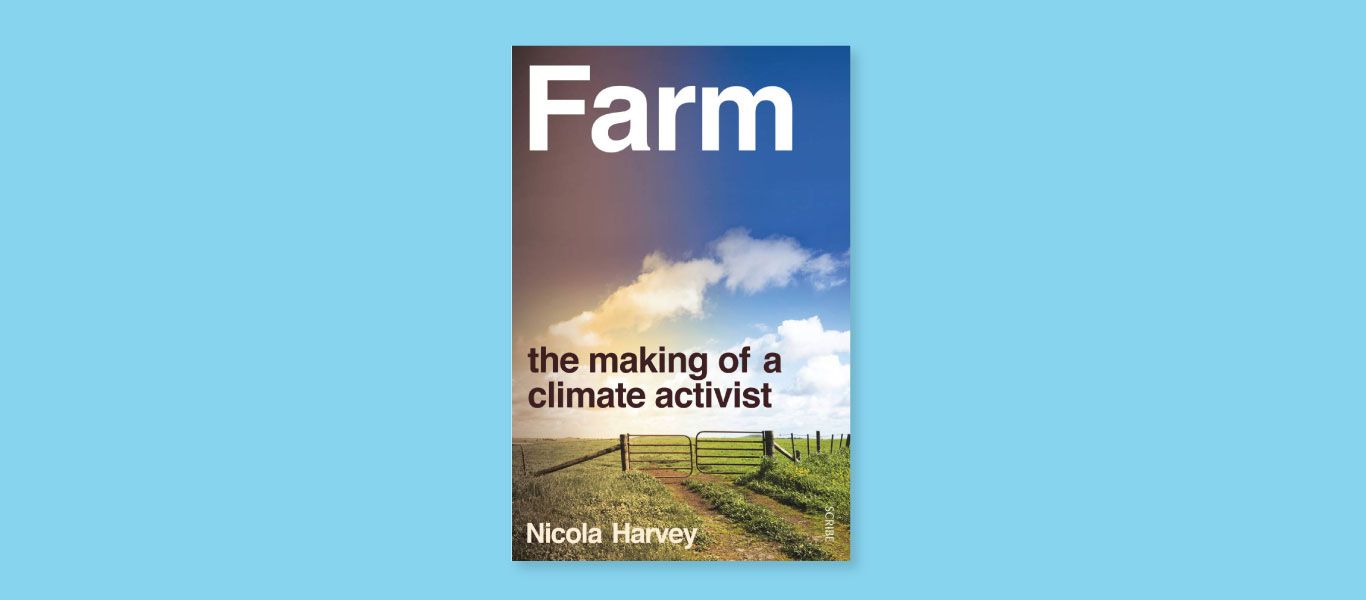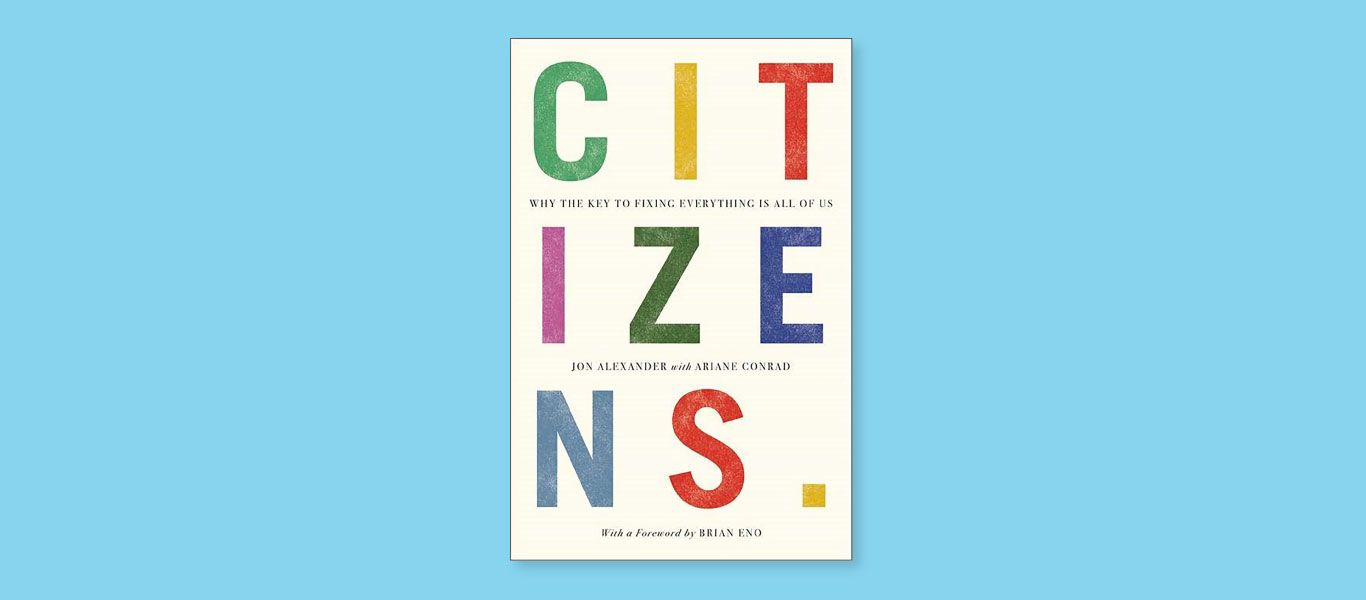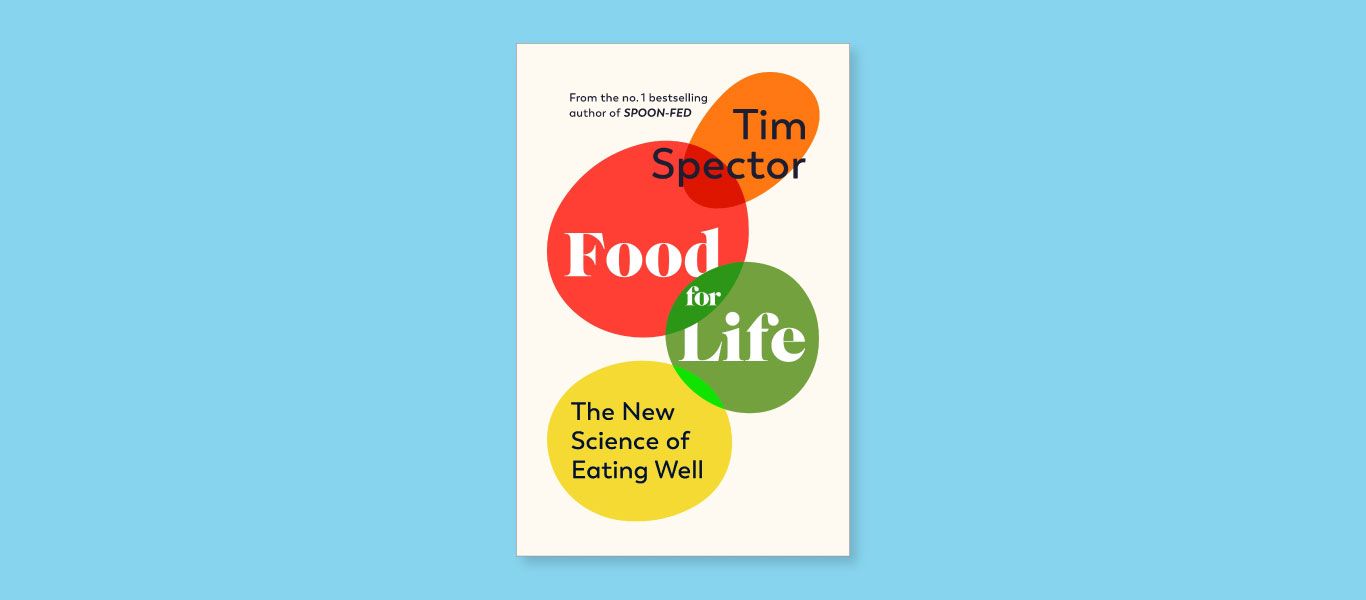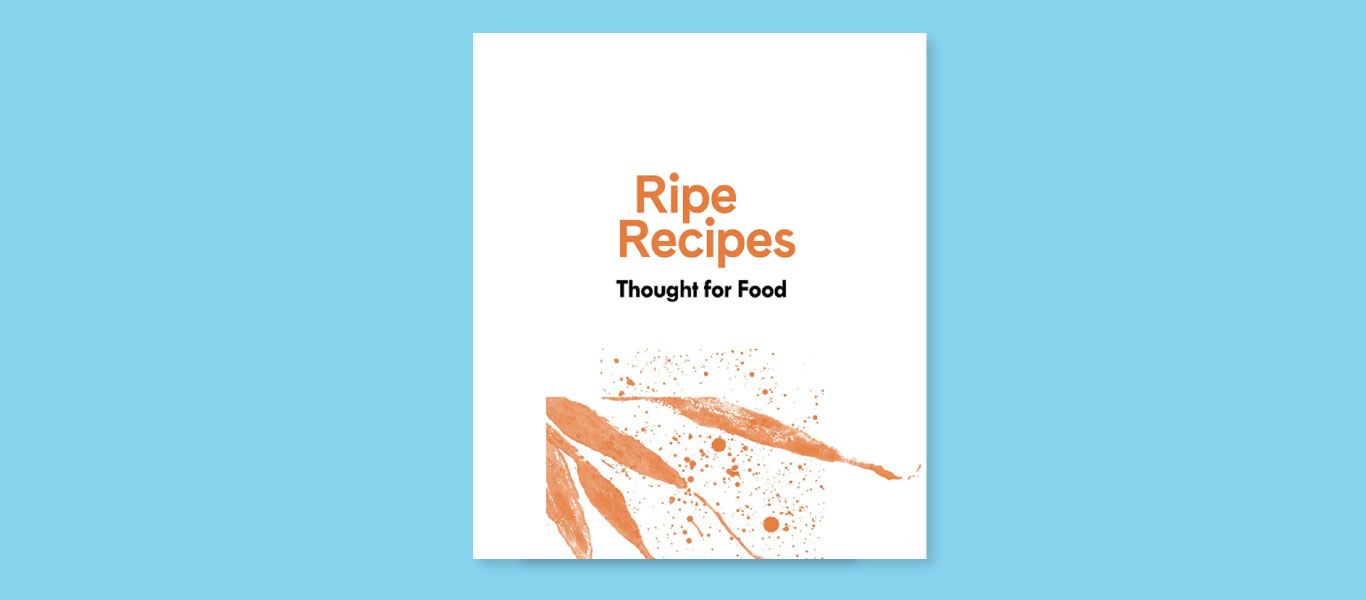Our 2022 Annual Reading List

On a planet that is increasingly dictated by 140 character attention spans, sitting down with a book and wading into the complexities of the world is something we try hard to make time for.
The following five books are ones that held our attention in 2022: challenged us, changed us, and entertained us. Obviously they are also all closely entangled in the food and future subject matter that make us excited to get out of bed in the morning.
If you've read any of them, let us know your thoughts?

1/ Farm: the making of a climate activist by Nicola Harvey (Scribe)
An interesting and ultimately encouraging read for anyone who is interested in food production. Farmers who are willing to explore the climate conversation are pretty rare, and Nicola's background in media and journalism has given her a unique lens.

2/ Citizens: why the key to fixing everything is all of us by Jon Alexander (Canbury Press)
Amid a lot of hand wringing about the future of democracy, it was nice to read something that offers some insights into both how we got here and what we can do about it. The central premise is that when businesses and the public sector treat people as citizens rather than consumers, everything changes. Unleashing the power of everyone equips us to face the challenges of economic insecurity, climate crisis, public health threats, and polarisation. A good read as we head into the knotty conversations of another election year.

3/ Rewilding the Sea: How to save our oceans by Charles Clover (Witness Books)
An incredible 65% of New Zealanders live within 5km of the ocean, so its surprising how little this vast and precious ecosystem features in mainstream conversations about the environment, climate change and biodiversity. Clover makes the astounding point that if the whales were allowed to rebuild to pre-whaling numbers, they would remove the same amount of carbon from the atmosphere as we pump into it, just with their poop. A deeply challenging read that adds urgency to the work being done by LegaSea and a call to action for anyone who loves the ocean.

4/ Food for Life: the New Science of Eating Well By Tim Spector (Jonathan Cape)
I want to start by saying that I've ummmed and ahhhed about including this book – because so many people (myself included) have pretty toxic experiences with diet culture and all of the ideas that are marketed as the 'best' way to eat. This is not a 'diet' book, in that it doesn't tell you how to feed yourself and your family... in fact it is careful to acknowledge that what works for one family is likely to be a disaster for another. But it is full of new information that debunks some of the old thinking around macronutrients, gut health and food choices – and has lead me to think more gently about good and bad foods. Spector does gloss over some of the more challenging problems of food choices (like how many people can wade thru the complexity of a food label, or the financial headaches caused by telling people to choose organic milk). But it does leave you feeling more rather than less empowered in your thinking, and its certainly a timely reminder that doing everything 'the way grandma used to' doesn't always have a good basis in science.

5/ Ripe Recipes: Thought for Food by Angela Redfern (Beatnik Publishing)
The fourth installment of the hugely popular Ripe Deli cookbooks is possibly my favourite so far. Ripe Deli is an Auckland institution - having been in the hospo game for two decades, they're proof that cafes can turn out consistently delicious food while growing their sustainability journey (and seemingly making a profit too?). This is another collection of 100 of their excellent recipes (my picks are the Smoked Eggplant Hummus Salad and the Pineapple, Lime and Coconut Slab Cake) that will be on high rotation in my kitchen over the coming year.
